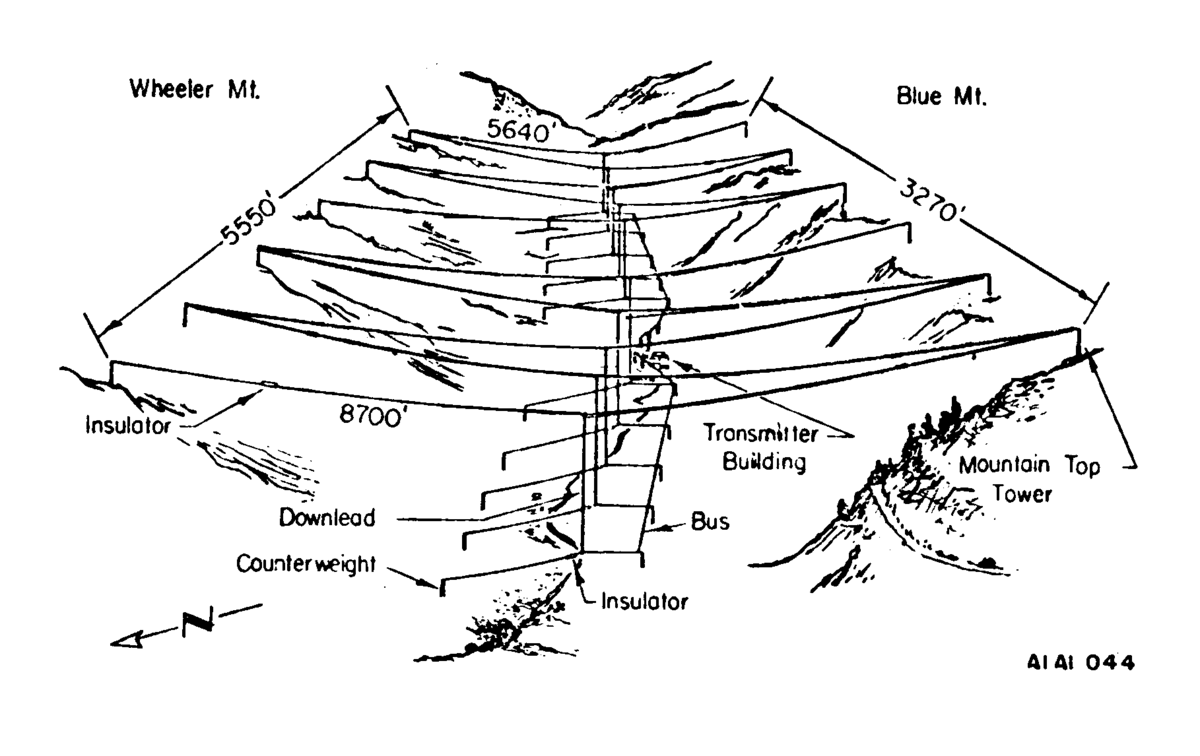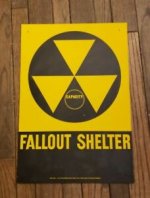An analysis I saw in the 80s of war games and simulations concluded that whichever side started loosing would resort to tactical nukes, leading to the use of strategic nukes.
We detect a missile launch from a Russian silo on a track for the USA. We get on the hot line and Russia does not answer. Or it is Putin who says we didn't launch anything.
Do we.
1. Launch an mediate retaliation or wat to see where it lands.
2. Launch 1 missile
3. Launch a full scale response
4. Its just one missile, do we take it to avoid war and complain at te UN?
You eire the president, what do you do. You have a limited time to decide.
Well, no.
In the described case of a deteriorating diplomatic environment, somebody quite a while ago said, this could lead to nukes. Sorry, sir, but we need to be ready.
There are peopl who gamed it out, gave options to you.
You already decided your over/under, the line thry couldn't and you wouldn't cross.
Seeing the missile, we also know where it came from. We know where the silos are, we know where the mobile launchers park. Someone can tell you if this is coming from Base X and what the likely payload is.
If it's gotten that bad, you already increased
the number of subs at 2SQ,
the security at the bases,
the number of sober pilots.
You loaded the planes and they're on the runway. The command posts are awash with coffee and Monster Energy drinks.
God, i used to hate Minimum Alert Posture. Two hours in a starter's crouch. Knowing if i go pee, THAT will be when they call it away...
Anyway, when and if he twitches, your tripwire is set. He cannot call back a launched missile (no idea where Reagan got THAT idea), so his reply to the fone call is not part of the calculus.
The call should have been an hour ago, from him, as a last chance or else sort of thing. Too far now.


